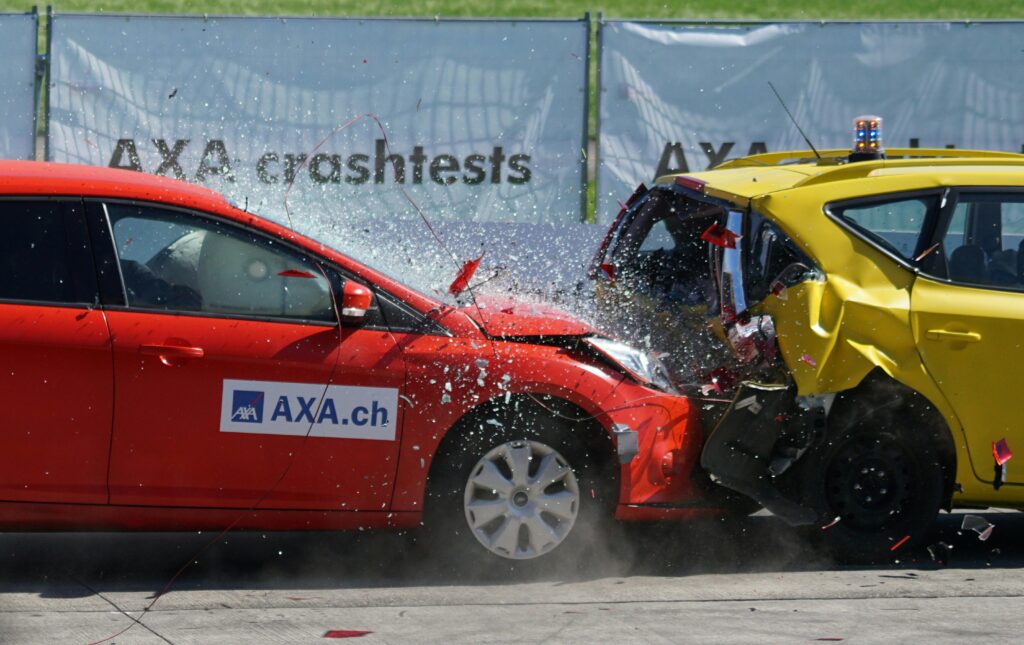Key Takeaways
- Understanding the steps immediately after a car accident can prevent further harm and legal complications.
- Documentation and evidence collection are crucial for insurance and legal processes.
- Knowing your rights and resources can help you navigate the aftermath efficiently.
- Medical attention, even for minor symptoms, is essential to ensure personal safety and injury documentation.
Table of Contents
- Immediate Steps After a Car Accident
- Importance of Documentation and Evidence Collection
- Seeking Medical Attention
- Understanding Your Legal Rights
- Dealing with Insurance Companies
- Future Accident Prevention
Immediate Steps After a Car Accident
Unexpected accidents sometimes occur, and knowing what to do at the scene can save a lot of trouble. Make sure everyone is safe, including yourself and any other passengers. If necessary, make an emergency call and relocate to a safe area if you can. Consulting a Phoenix auto accident attorney can be beneficial if legal ramifications are a concern. Legal expertise can help navigate the complexities that often follow car accidents, from dealing with other drivers to potential legal claims. To warn other drivers, turn on your hazard lights and give them your contact and insurance details. Despite its seeming simplicity, this step can be stressful. Therefore, it can be helpful to have a checklist in your car. A checklist can be a handy tool to have on hand in the hectic moments following an accident to ensure you don’t miss any critical procedures.
Importance of Documentation and Evidence Collection
For legal or insurance claims, gathering proof is crucial. Take pictures of the damaged car, accident scene, and injuries, including various viewpoints and traffic lights. Document the date, time, and weather conditions. Gather witness contact information and statements for unbiased perspectives. Keep a notepad or use a notes app for convenience. In Phoenix, police recommend taking photos of vehicle damage, skid marks, debris, and traffic conditions from different angles. Collect video surveillance from nearby businesses, but not if not retrieved promptly. The Phoenix Police Department uses advanced technology like 3D laser scanners to create detailed maps of accident scenes, ensuring accurate and transparent documentation.
Seeking Medical Attention
Regardless of how minor injuries might seem, seeking medical attention is essential. Some injuries may not be immediately apparent and can worsen over time. A medical record will also be documented evidence for legal proceedings or insurance claims. Conditions such as whiplash or internal injuries might not exhibit symptoms right away but can have profound hea her implications if left untreated. Even minor symptoms like headaches or dizziness should be reported to a healthcare provider. Immediate care can prevent long-term health issues and provide peace of mind. Visiting a doctor can help you receive a thorough examination, mitigating any overlooked injuries. Moreover, detailed medical records can bolster your claims, providing evidence of sustained injuries.
Understand Your Legal Rights
Knowing your legal rights after an automobile accident can help shield you from future difficulties. A legal expert’s advice can help ease any uncertainties. You must be aware of the local laws about auto accidents because your rights may change based on where you are. State-by-state variations in the law can be substantial, and ignorance of the particular legal subtleties can work against you. Expert advice helps you determine how to make a claim or comprehend the accident’s legal ramifications. Legal professionals may guide you through the legal system’s intricacies and ensure your rights are upheld and you get paid fairly. They can also assist you in preventing needless delays or issues by offering insights into procedural requirements.
Dealing with Insurance Companies
It might not be very safe to deal with insurance companies. Inform your insurance provider of the accident right away. Please give them all the information and records gathered from the spot. Prompt communication can speed up the claims process and guarantee you receive the assistance you require as soon as possible. Be accurate and truthful. Claim rejection may result from misrepresentation. Making insurance claims might be easier if you know how to handle them. Being open and honest with your insurance provider promotes trust and makes the claims procedure easier. Thorough documentation can help support your claims even more, reducing the possibility of disagreements or rejections.
Future Accident Prevention
Even though accidents can’t always be prevented, there are steps you can take to lessen the chance. Maintaining your car regularly, obeying traffic laws, and avoiding distractions when driving can be beneficial. Maintaining the health of your car will reduce the possibility of mechanical issues, which might result in collisions. Enrolling in a defensive driving school may also prove advantageous. Making every drive safer starts with being prepared and aware. Defensive driving practices increase driving safety by improving one’s ability to foresee possible dangers and respond correctly. Keeping abreast of regional traffic laws and regulations can also guarantee adherence, lowering the possibility of collisions.


